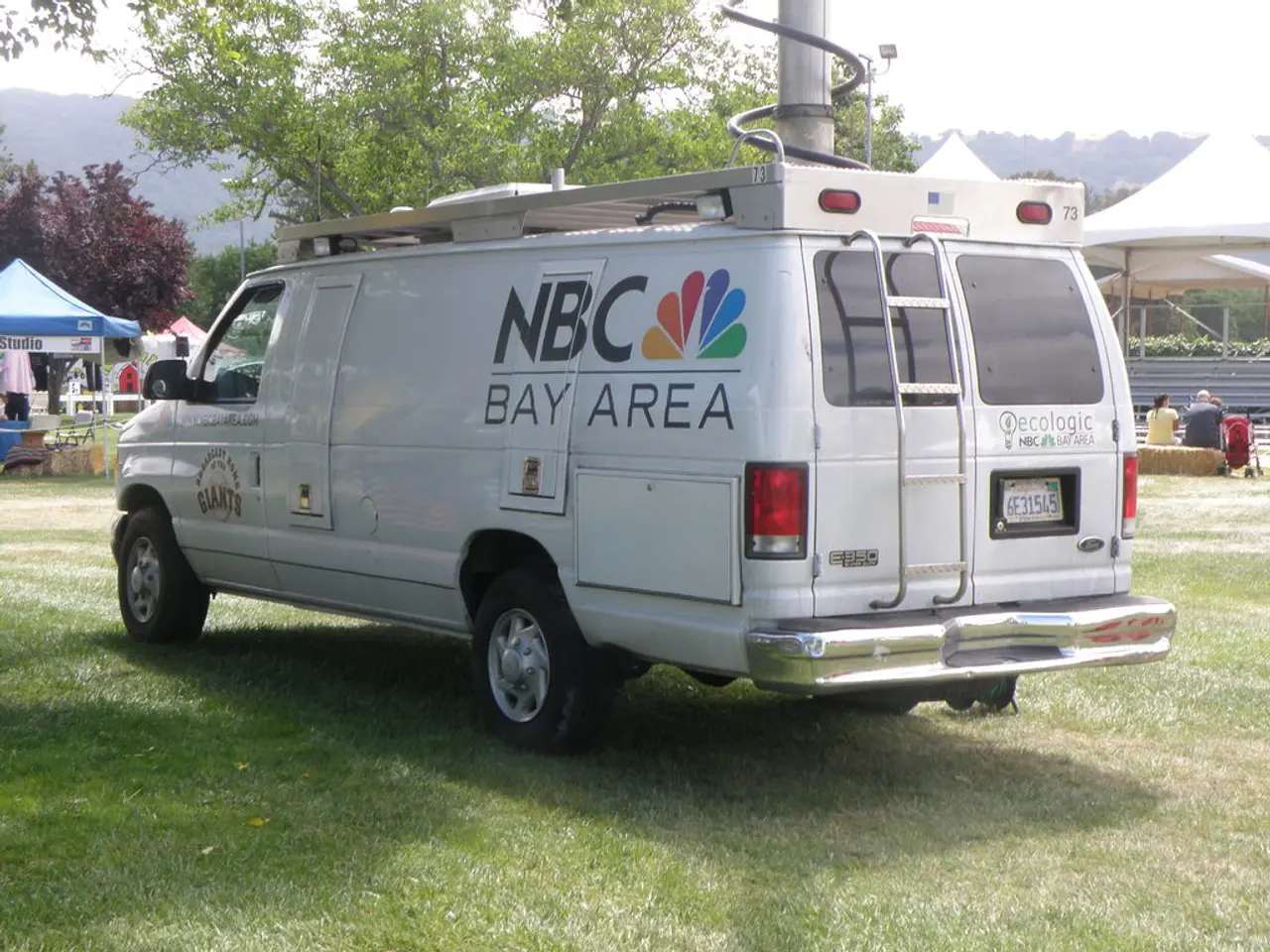Can a Residential Vehicle (such as an RV or camper van) be Legally Occupied in the State of California?
Living in an RV in California: Navigating the Rules and Regulations
California offers various options for class B RV rental as an affordable living solution, but it's crucial to understand the legalities and restrictions involved, particularly in urban areas like San Francisco.
In San Francisco, permanent living in an RV on public streets is generally prohibited without the necessary permits or designated areas. Local laws, such as the city's ordinance, limit RV parking to two hours unless a special refuge permit is obtained. This ordinance, enacted in mid-2025, targets RV dwellers experiencing homelessness, aiming to reduce long-term RV parking on city streets and encourage transition to permanent housing.
Key guidelines and restrictions in San Francisco include a maximum parking duration of two hours, the availability of renewable six-month refuge permits for residents who comply with community standards and engage with housing support services, enforcement through citations and towing, exemptions for commercial vehicles and those parked in industrial zones, and city investments in outreach, housing support, and buyback programs.
However, critics argue that these restrictions place additional hardship on vulnerable RV dwellers due to the lack of affordable housing and suggest that strict enforcement may exacerbate homelessness.
For those planning to live full-time in an RV in California legally, it's essential to park in designated RV parks or private land zoned for RV living, obtain local permits if available, adhere to local parking time limits and community standards, and engage with local housing or social services if RV living is due to housing insecurity.
Establishing a legal domicile or permanent address while living mobile can be challenging. RV nomads often use mail forwarding services and establish residency in a state or locale that accepts RV living for voting, taxes, and licenses, but this is separate from local parking legality.
Living in an RV or camper van is legal in California, but it cannot be registered as a domicile with a permanent address. To sustain this lifestyle for the long term, you can move around to different local RV parks. Permanent residency in one spot isn't necessarily possible due to maximum stay limits in RV parks.
Living in an RV provides the opportunity to travel and explore various cities in California, such as San Francisco, Los Angeles, San Diego, and Palm Springs. Individual RV parks have different rules regarding residency durations, with some allowing stays of up to six months, and others allowing stays of a year or longer.
For those interested in long-term van rental options, our websites offer camper vans equipped with features like queen size beds, refrigerators, propane stoves, sinks with water tanks, foldaway tables and benches, and extra storage. You can stay in local RV parks and maintain long-term residency legally.
Public rest stops and truck stops in California may allow overnight RV parking for free, but only for a single night. To determine if long-term RV living is possible in a specific area, you need to check zoning laws. Several big box stores, such as Walmart, Cabela's, and Lowe's, offer free overnight RV parking for one night.
However, in some residential areas of California, parking an RV for long-term living is often prohibited due to building codes or community planning regulations. Living permanently on your property in an RV in California is also not allowed.
In summary, permanent RV living on city streets in California without proper permits or designated areas is generally prohibited and enforced, especially in cities like San Francisco, to address public safety and housing crises. You must seek permitted spots, comply with regulations, or risk citations and towing.
- For those seeking to live full-time in an RV, it's essential to park in designated RV parks or private land zoned for RV living, comply with local parking time limits, and engage with local housing or social services if RV living is due to housing insecurity.
- Living in an RV or camper van can offer the opportunity to travel and explore various cities in California, such as San Francisco, Los Angeles, San Diego, and Palm Springs, as individual RV parks have different rules regarding residency durations.
- While long-term RV parking may be available at public rest stops and truck stops in California, it's limited to a single night. Living permanently on one's property in an RV or being registered as having a permanent address with an RV is not allowed in California.






